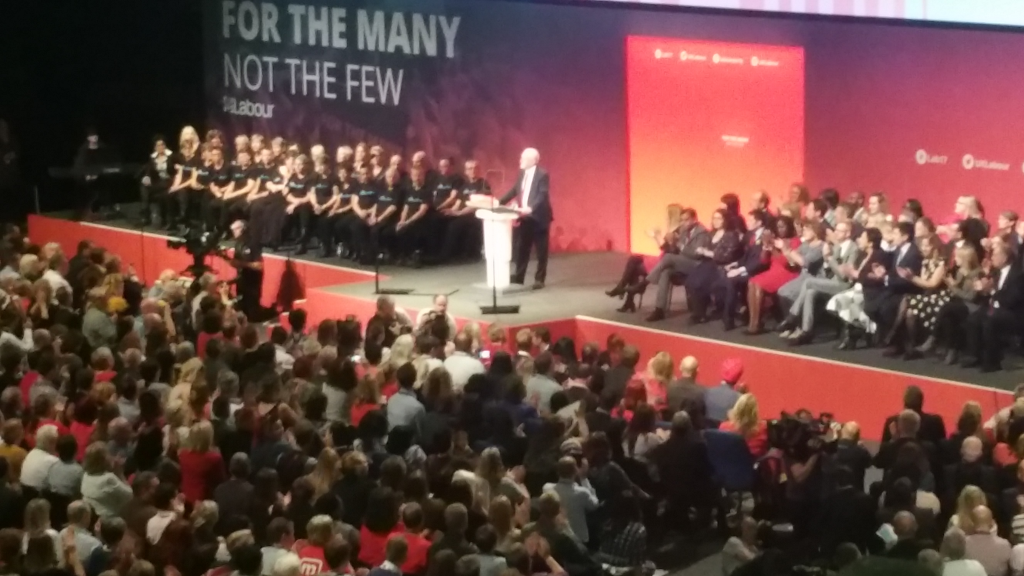My submission to the Democracy Review on Electing the Leader.
Required nominations in the case of a vacancy should be set so that the electorate are given a choice. It should be noted that the higher the threshold required within the PLP, the more likely pressure for reselection will be in cases where MPs no longer represent the views of their membership.
On electing our leader, the Leader should be elected by individual ballot, of individual members, affiliate members and registered supporters.
Registered supporters should be asked to renew their commitment annually (and undergo the same checks that are used for people to become members), charged no more than of the order of £5 per year and be able to attend (but not vote during) branch meetings. If Toby Young seeks to become a registered supporter, we should refer it to the Police for fraud.
Freeze dates for all elections for internal office should be decided according to administrative feasibility. i.e. days or weeks, not the 6 months used in the 2016 leadership elections. …

